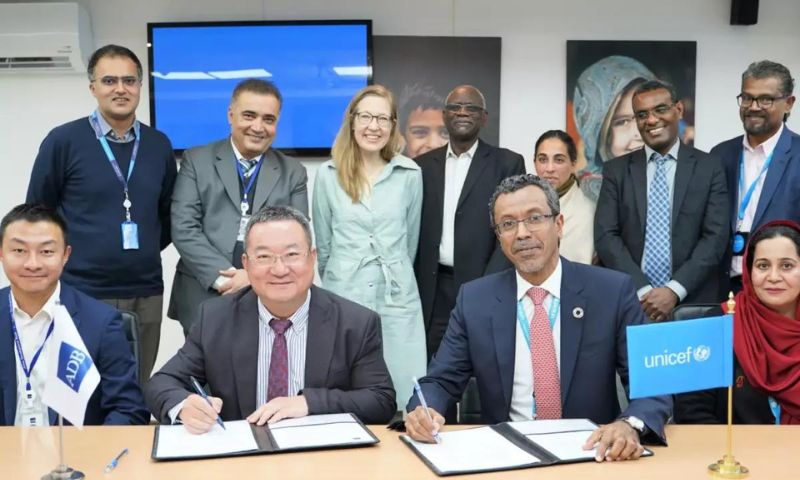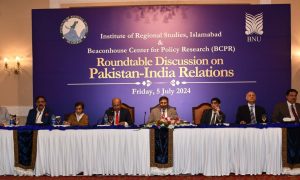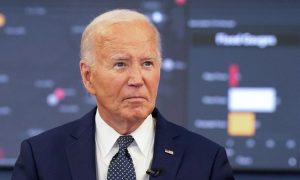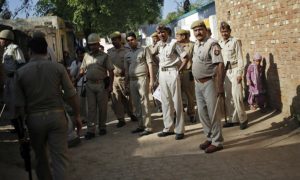ISLAMABAD: The Asian Development Bank (ADB) and the United Nations Children’s Fund (UNICEF) inked a Letter of Understanding (LOU) on Wednesday to collaborate on water, sanitation, and hygiene (WASH) and solid waste management interventions under an ADB-funded project in Rawalpindi and Bahawalpur, Pakistan.
The deal was signed by ADB Country Director for Pakistan Yong Ye and UNICEF’s Representative in Pakistan Abdullah Fadil, at UNICEF’s Pakistan office in Islamabad.
Yong Ye said that ADB and UNICEF are joining hands and renewing their shared commitment to strengthen policy, legislative framework, and institutional capacity in municipal service delivery, this time to improve the coverage, quality, and reliability of urban services under the Developing Resilient Environments and Advancing Municipal Services Project.
He said that the collaboration will enable us to support the Pakistan government’s efforts to address solid waste management and water supply challenges in these two rapidly growing and important cities.
Under the new partnership, both organizations will collaborate to support resilient, inclusive, and sustainable urban infrastructure and services in Rawalpindi and Bahawalpur through public awareness and communication drives that will improve behaviors and practices related to sanitation, water, and solid waste management.
Agreement to Promote Inclusive, Sustainable Municipal Services in Pakistan
The deal reached between ADB and UNICEF Pakistan offices will help promote inclusive, sustainable, and low-carbon municipal services that will benefit at least 1.5 million people in the two cities of Punjab.
Fadil said that the signing of this deal further strengthens the existing collaboration between UNICEF and ADB in Pakistan. Both organizations are committed to leveraging collective knowledge and expertise to help increase equitable access to sanitation, water, and hygiene services and to reduce the vulnerability of citizens, particularly children and women, to growing climate change and environmental degradation.
























